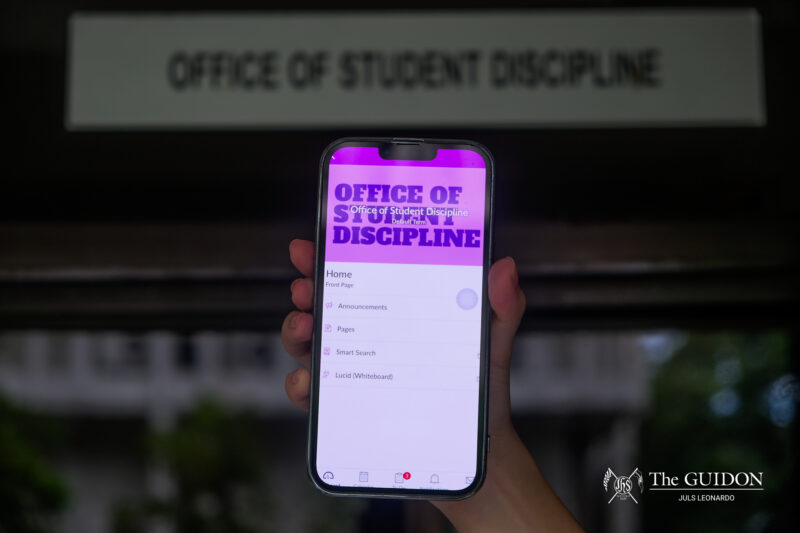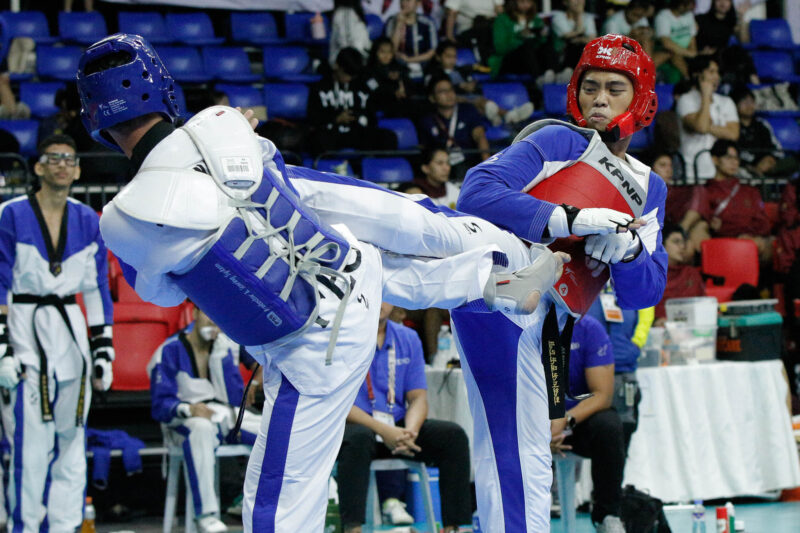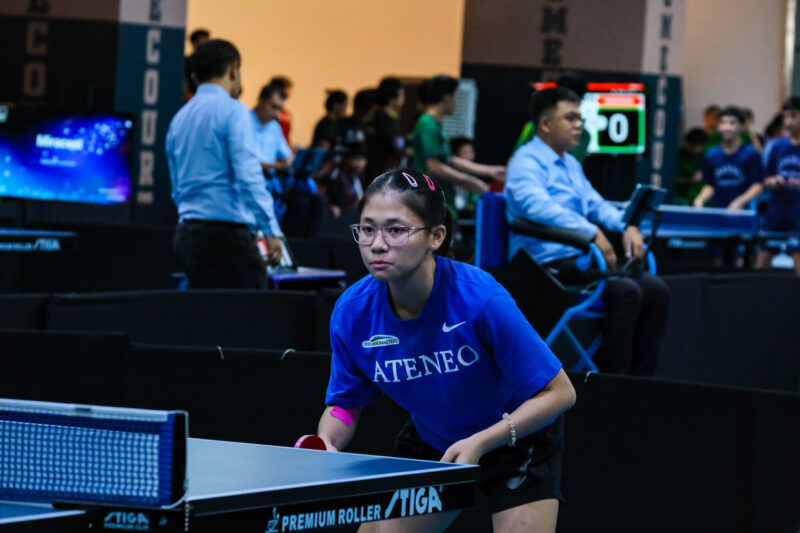ON JUNE 27, the Ateneo Commission on Elections (COMELEC) issued a statement detailing that the deadline for sectoral representatives to submit the required documents for their renewal process—initially set to the end of AY 2019-2020—has been extended to July 31. Ateneo COMELEC Chief Commissioner John Villaos cited that the decision to postpone the deadline was done out of consideration for the sectors affected by the COVID-19 pandemic, as well as to allow them to “continually serve their constituents once their accreditation has expired.
Two days prior to the statement, Ateneo COMELEC released a memo that officially recognized Cristina Batalla, Jerard Afable, and Jubert Calamba as the League of Independent Organizations (LIONS) Coordinator, Sports Club Sector Representative, and Scholars Sector Representative, respectively.
Non-correspondence
The aforementioned representatives and the Ateneo Office of the Ombudsman filed a petition against Ateneo COMELEC Officers-in-Charge Rica Gutierrez and John Lubre on June 26, citing the latter’s inactivity and inability to provide remedies on sectoral representation.
The grounds for their petition included the following: “(a) the absence of the Electoral Code-mandated Sector Representative Elections during the First Semester of AY 2019-2020, (b) the absence of communication of contingencies—provided that the Elections did not proceed according to plan, (c) the absence of official communications by [Ateneo COMELEC] from March until June, and (d) the failure to elect any Sector Representatives for A.Y. 2019-2020.”
Ateneo COMELEC’s failure to elect the sectoral representatives began when they instructed the sectors to conduct their respective elections during the First Semester of AY 2019-2020. According to the petition, the sectoral representatives were found not given “any electoral procedure, design or method,” which is a responsibility that Ateneo COMELEC holds as mandated by the Scholar Sector Constitution.
Despite the impasse, LIONS Secretary General Miguel Policarpio and Afable sent resolutions to Ateneo COMELEC in March to state that their constituents have them as representatives. Ateneo COMELEC failed to formally acknowledge their appointments, prompting the Sanggunian to plan an intervention through an online meeting with the ASJC, Ateneo COMELEC, and the Ateneo Office of the Ombudsman on June 25.
Afable expressed the burden he felt when he advocated for the Sports Club sector’s interests since sectoral representatives were only “observer-representatives” in the Central Assembly. Observer-representatives are unable to pass legislation and have no voting power unless Ateneo COMELEC confirms their appointments.
A few hours before the Sanggunian’s intervention, Ateneo COMELEC promulgated the newly elected sector representatives without informing the representatives themselves. They also issued an apology the following day, explaining that this was due to their “[preoccupation with] planning for the Sanggunian General Elections” and “telecommunication issues in [their] areas [during the pandemic].”
The petitioners still requested to hold Ateneo COMELEC accountable for their inaction, explaining in their petition that the months of non-correspondence could have been used to forward the interests of their respective sectors. According to Batalla, their four months as observer-representatives could have been maximized to raise voices for their constituents in the Sanggunian but their late appointment instead limited their functions as student leaders.
“As vital as Sectoral Representation is, its capacity to fulfill its interests to serve minorities relies on an equally vital commission in our student government as well,” stated Afable, Batalla, and Calamba in the petition.
Looking ahead
As of writing, the sectoral representatives have yet to submit the requirements that Section 5.1 of the Electoral Code stipulates. The requirements consist of the following: “(a) an updated list of members and their contact details, (b) a list of projects accomplished including thorough descriptions of the project and the number of participants if any, and (c) a list of concerns passed to the Sanggunian in relation to their sector.”
Although the deadline of submission had been extended, Calamba expressed that the renewal process should start one year after the representatives have been appointed since the list of members, projects, and sectoral concerns is difficult to obtain given Ateneo COMELEC’s four-month inactivity.
Batalla shared the same sentiments, adding that “LIONS is willing to comply with the requirements as long as we can formally discuss with COMELEC these technical ramifications.” She expressed her hope that the impasse sets “a precedent for the future Sanggunian student leaders to exercise firmer commitment to their duties, all for the sake of the people we serve.”
Villaos shared that Ateneo COMELEC “[is] and will be continuing to use this experience to move forward and form better servants of the student body.” Moreover, he emphasized the importance of training the next Board of Commissioners in “[handling] unexpected situations and [adapting to] any difficult scenario.”
Calamba stated his hopes to conduct a needs assessment for the incoming scholars and lobby for the purchase of more gadgets to be used by scholars once he submits the necessary documents for renewal. Meanwhile, Afable expressed that he will hold realignment meetings and individual consultations with the new Presidents under the Sports Club Sector to hear their concerns.
Lastly, Batalla shared her goal to make structural changes within LIONS by drafting legislation that focus on “capacity-building and community-building” in the future. “There is no better time to organize than during a crisis. As such, it is the mission and core of LIONS to inspire solidarity among the youth—and to send out the message to every Atenean that they are seen, they belong, and they are loved,” she said.







